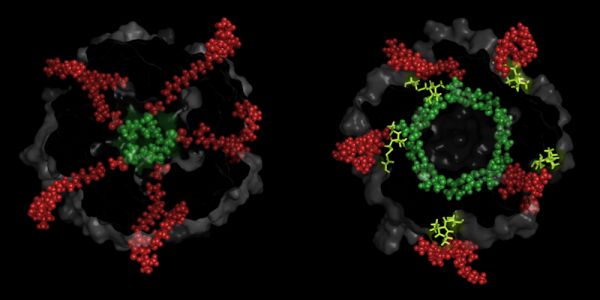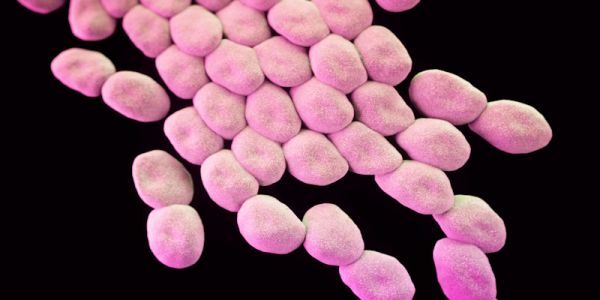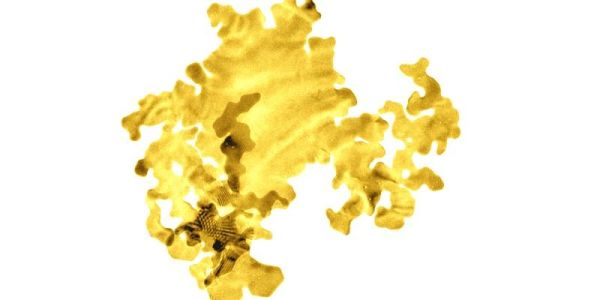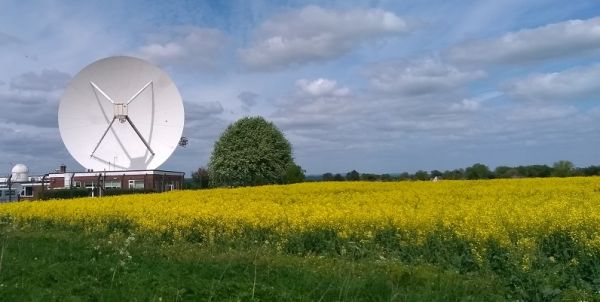
'Tricked' bacteria open new pathways to antimicrobial treatments
Scientists have developed a new technique to trick bacteria into revealing hundreds of holes in their cell walls, opening the door for drugs that destroy bacteria’s cells.

Scientists have developed a new technique to trick bacteria into revealing hundreds of holes in their cell walls, opening the door for drugs that destroy bacteria’s cells.

A prestigious fellowship will support five University of Leeds researchers addressing global challenges.

A new report reveals the relationships between transport and property value across the North of England.

Astronomers have discovered a rare molecule in the dust and gas disc around a young star – and it may provide an answer to one of the conundrums facing astronomers.

The molecular machinery used by ‘superbugs’ to resist chemicals designed to kill them could also help produce precursors for a new generation of nylon and other polymers, according to new research.

Scientists at the University of Leeds have created a new form of gold which is just two atoms thick – the thinnest unsupported gold ever created.

Scientists are developing a pioneering technique that allows them to monitor insects in the air using weather radars, as part of a research project called BioDAR.

Animals are not adapting fast enough in response to the changing climate, according to new research published today in Nature Communications.

A nutritional survey of baby food on sale in Europe has shown that a significant number of products contain high sugar levels that contradict World Health Organisation (WHO) recommendations.

An evaluation of the global energy return on investment for fossil fuels and renewable sources reveals a much more level playing field than previously believed.